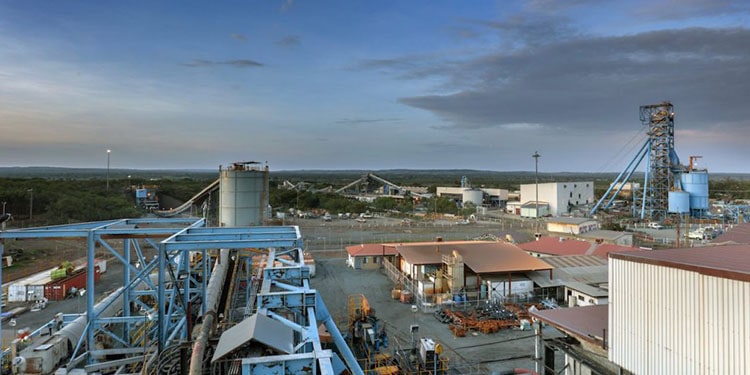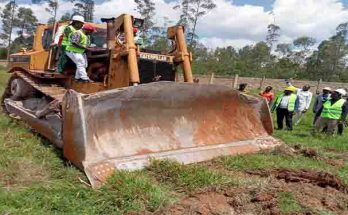
The second-biggest gold producer in Tanzania, Barrick Gold, has received recognition for making substantial contributions to the socioeconomic advancement of the nation. Over $2.1 billion has been invested in Tanzania’s economy by the company since it acquired its mines in North Mara and Bulyanhulu in 2019. The government and local community hold the mines in high regard due to their ethical business methods. Barrick Gold’s collaboration with PRISMA Training Solutions is another indication of its dedication to supporting expansion in the regional mining industry.
Jacques Farmer, managing director of PRISMA, is in charge of the alliance, which aims to improve safety, efficiency, and productivity at both mining sites. PRISMA and Barrick’s partnership is redefining standards for the mining industry in Africa. It is a perfect example of how the continent may provide excellent training options. The project, which was planned to take place in three stages over a minimum of three to five years, started with a gap analysis that was completed in two phases and covered technical training, compliance, safety precautions, surface training, career development, and training planning.
The first phase’s main objective was to assess mine technical training, which included competencies pertaining to safety, compliance, technical abilities, and miners ability to grow in their careers. According to Barrick’s localization policy, 96% of the staff is made up of Tanzanians, with the remaining personnel coming from surrounding areas. In order to improve the accessibility and effectiveness of safety training, PRISMA suggested doing the introduction and initial training in Kiswahili, the local language. The Women in Mining initiative has a significant impact on promoting inclusivity and diversity. The initiative’s trained women are well-positioned to find work in Tanzania’s expanding mining industry. This collaboration is evidence of the significant influence that localised skill development has on the mining industry in Africa.



